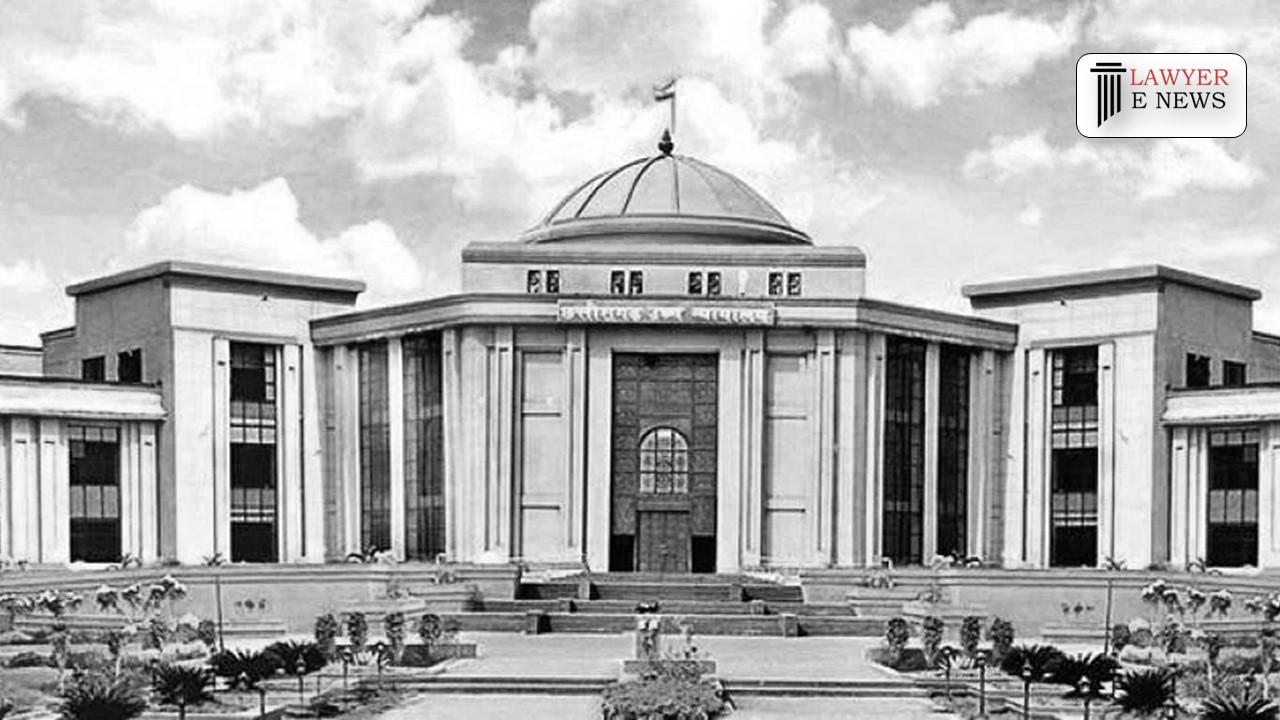-
by Admin
15 February 2026 5:35 AM



In a landmark judgment, the High Court of Chhattisgarh at Bilaspur has reaffirmed a woman's right to make reproductive choices as a dimension of personal liberty under Article 21 of the Indian Constitution. The court's decision came in response to WPC No. 2665 of 2023, a case involving a minor girl who was a victim of rape and sought the termination of her pregnancy.
The petitioner, represented by Mr. Ravindra Kumar Agrawal and Mr. Vivek Shrivastava, advocates, approached the court after a medical practitioner initially refused to terminate her pregnancy due to the ongoing criminal case against the accused. The petitioner relied on previous judgments, WPC No. 2869/2019 and WPC No. 3674/2019, which upheld the importance of a woman's consent and recognized the right to reproductive choices.
Justice P. Sam Koshy, presiding over the case, referred to the Medical Termination of Pregnancy Act, 1971 and emphasized that if the pregnancy does not exceed 20 weeks and poses a risk to the life or physical and mental health of the pregnant woman, it can be terminated by a registered medical practitioner without attracting penal provisions. The court took into consideration the petitioner's overall well-being, potential harm and distress, and the social stigma attached to being an unmarried mother.
Based on these factors, the High Court granted the petitioner's plea and allowed her to undergo the termination of her pregnancy. The court further ordered the preservation of the DNA sample for the pending criminal case against the accused, ensuring the availability of additional evidence.
This judgment sets an important precedent, highlighting the protection of women's reproductive autonomy and privacy as fundamental rights. It aligns with the recent trend of Indian courts recognizing women's rights to make decisions about their own bodies, including the choice to terminate an unwanted pregnancy. By safeguarding these rights, the court acknowledges the physical and mental trauma a victim of rape may endure throughout the pregnancy and the potential lifelong impact on both the mother and the child.
The decision emphasizes the need to respect a woman's right to privacy, dignity, and bodily integrity, ensuring that her reproductive choices are not unduly restricted. It also addresses the societal implications and the potential harm and distress that can arise if a pregnancy resulting from rape is allowed to continue. The court's ruling reflects a compassionate and forward-thinking approach in protecting the well-being of the petitioner and recognizing the importance of reproductive rights.
This judgment will serve as an important reference point for future cases involving the termination of pregnancies resulting from sexual offenses. It reinforces the principle that compelling a woman to continue with an unwanted pregnancy would infringe upon her fundamental rights, paving the way for greater empowerment and autonomy for women across the country.
Date of Decision: 19/06/2023
xxx vs State Of Chhattisgarh
